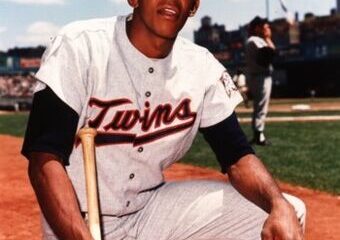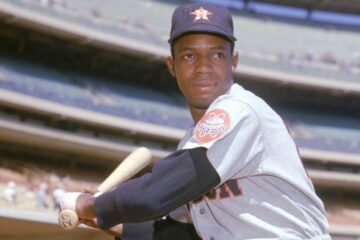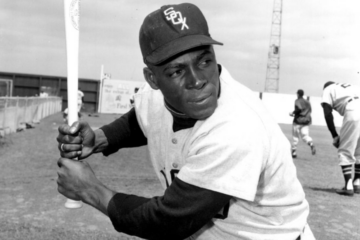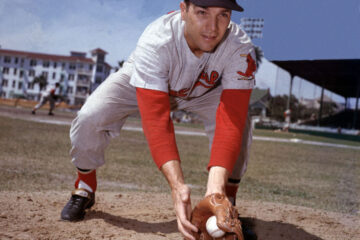The Hall of Fame Index: Andrew McCutchen vs. Bernie Williams and Kirby Puckett
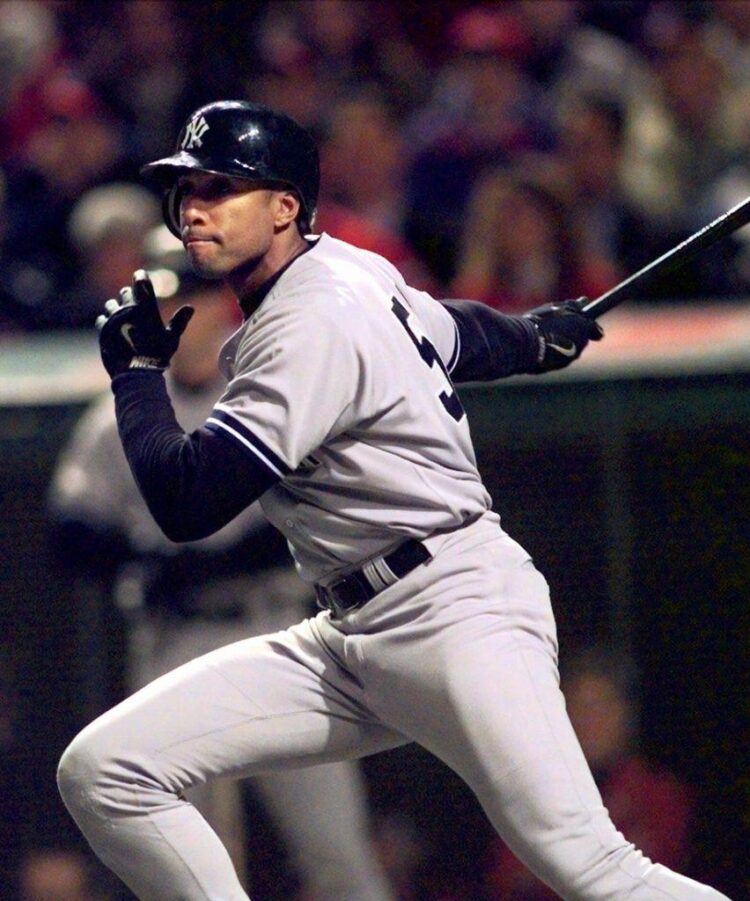
n previous articles, I’ve described the Hall of Fame Indexas a more advanced version of similarity scores. It’s one thing to be similar in counting numbers, but when you are similar in terms of value you start to see similarities in the individual components that make up overall value. We see that when we look at the center fielders we will profile today. It tends to happen more often than not.
I’m sure there are mathematical forces at work that help explain that. What we do know is that as we go up the index leaderboard it becomes harder to find comparable players. The whole point of the index was to create separation. Hall of Famers don’t have many comparable players by definition.
When those in the Hall of Fame have comparable players on the outside looking in it makes us take pause. We also see that here. The potential cancellation of the 2020 season leaves us with a bit of problem as it pertains to players at the end of their careers. How do we handle the missed season? Will they be treated the same as those that served their country in World War II and the Korean War?
Career Value
| BWAR | FWAR | WS/5 | Total | |
| Bernie Williams | 49.6 | 43.9 | 62.4 | 155.9 |
| Kirby Puckett | 51.1 | 44.9 | 56.2 | 152.2 |
| Andrew McCutchen | 44.8 | 49.9 | 55.4 | 150.1 |
Which one of these three is the Hall of Famer? Obviously, you know the answer to that question, but the numbers don’t really tell the story. Numbers can’t fully explain the effect of a player on history. Puckett was instrumental in two championships in Minnesota. Without those titles they may not have been able to build Target Field. He might be the person most responsible for baseball remaining in Minnesota.
Williams was a part of four World Series teams in New York and six pennants. As we will see later, we will see how integral he was during those title runs. He was certainly as important to those teams as Earle Combs was to the Yankees teams of the 1920s and 1930s. Unfortunately for him, we are a little more sophisticated now than when Combs was elected.
McCutchen has an MVP to his name, but he doesn’t have the postseason success. That’s not entirely his fault, but it does impact the overall resume. He is still playing and the Phillies are a decent enough team that they could break into the postseason. That’s especially true if the rumors of an expanded playoff field become true.
Peak Value
| BWAR | FWAR | WS/5 | Total | Index | |
| Williams | 47.4 | 45.2 | 49.4 | 142.0 | 297.9 |
| McCutchen | 43.2 | 48.4 | 53.8 | 145.1 | 295.2 |
| Puckett | 44.8 | 39.7 | 49.2 | 133.7 | 285.9 |
Williams and McCutchen are obviously very comparable and when we break down their component statistics the similarities will be eerily similar. McCutchen has only played 11 full seasons, so a ten-season peak is going to end up being almost identical to his full career value. Obviously, Williams and Puckett are in different categories, but they are similar in that their careers were relatively short.
Having similar scores doesn’t necessarily mean they should all be in or all be out. It’s a conversation starter. We haven’t looked at offensive numbers, fielding numbers, playoff numbers, and BWAR MVP points. As noted earlier, we also have the player’s impact on history. Any one of those can vault one man up or another down.
Offensive Numbers
| OPS+ | Rbaser | OW% | wOBA | |
| McCutchen | 134 | -4 | .676 | .370 |
| Williams | 125 | -4 | .609 | .373 |
| Puckett | 124 | 13 | .618 | .366 |
I’ve said this a number of times before in previous articles, but we have to keep in mind that active players have not had a full decline phase in their career. Naturally, not being done gives them an advantage in the index but becomes a disadvantage in the component statistics. His OPS+ and offensive winning percentage is likely to drop. Depending on the length of his career, he could drop to neck and neck with Williams and Puckett.
Williams and McCutchen will end up being the better direct comparison considering their index scores. They are identical base runners in terms of value and their wOBAs are close as well. We can’t read too much into that because they aren’t direct contemporaries and those numbers aren’t necessarily normed either.
Fielding Numbers
| Rfield | DWAR | TZOF | DWS | |
| Puckett | -14 | -0.3 | -15 | 11.7 |
| McCutchen | -68 | -5.2 | -38 | 8.1 |
| Williams | -139 | -9.5 | -154 | 11.8 |
McCutchen is in a unique position. The Phillies moved him out of center field and into left field. He might actually be an above average left fielder. That is going to help his Rfield and total zone numbers, but it will hurt his DWAR and win share numbers. We are probably looking at the reason why Williams is not in the Hall of Fame. He won four Gold Gloves, but it is hard to defend those awards given the information we have.
Puckett won six Gold Gloves, but his tale is a little different than Williams. He was a very good fielder early in his career, but as he developed more power he lost some of that speed. McCutchen has one award. Between those eleven awards, it is probably fair to say most of those were undeserved. Had the Yankees had the foresight to move Williams out from center he might have enjoyed a little more success and a little longer of a career.
Playoff Numbers
| PA | SLASH | HR | Runs | RBI | |
| Williams | 545 | .275/.371/.480 | 22 | 83 | 80 |
| Puckett | 109 | .309/.361/.536 | 5 | 16 | 16 |
| McCutchen | 53 | .239/.340/.261 | 0 | 5 | 1 |
How is a voter supposed to weight playoff performance? In a practical sense, it isn’t a part of regular season performance, so it doesn’t count as part of the index. A part of any weighted system is the notion that higher leveraged situations deserve more weight. How much more weight are we talking about? Williams has a season’s worth of playoff plate appearances. Is it worth two seasons? Three?
Naturally, how you interpret the performance itself is up in the air. Puckett could be seen as more instrumental in the Twins two championships and Williams was in the Yankees four. He certainly has more memorable moments offensively and defensively. Do those moments outweigh the numbers we see above?
McCutchen gets left in the dust, but it is fair to question what that really means. On the one hand, he was the Pirates’ best player in those two series. Does he deserve the blame for their inability to move forward? Is a .601 OPS in 53 plate appearances even meaningful statistically? The usual course of Hall of Fame voting is to think of playoff performance as a tie breaker. Clearly, he needs to help himself there.
BWAR MVP Points
| Top 10 | Top 5 | MVP | Points | |
| McCutchen | 1 | 2 | 1 | 23 |
| Puckett | 1 | 1 | 1 | 18 |
| Williams | 2 | 0 | 0 | 6 |
The whole point of these comparisons is to determine whether players already in really deserve their spot and whether players on the outside looking in deserve another look. Currently players like McCutchen belong in another category. It’s fun to track their progress, but it isn’t really fair to say one way or another until we see the final result.
What we know is that Puckett separates himself from Williams with his playoff reputation and the fact that he could claim to have been the best player in the league in at least one season. McCutchen has the same resume in the awards voting. This leaves Williams in the hole. It’s not necessarily insurmountable. An argument could be made this his playoff resume should overshadow that, but it’s not one I’m willing to make today.


